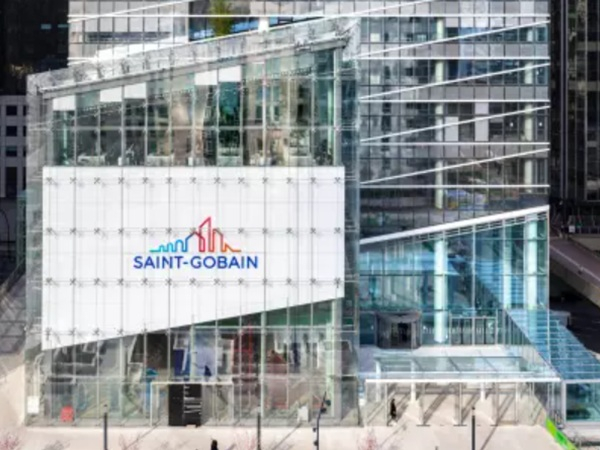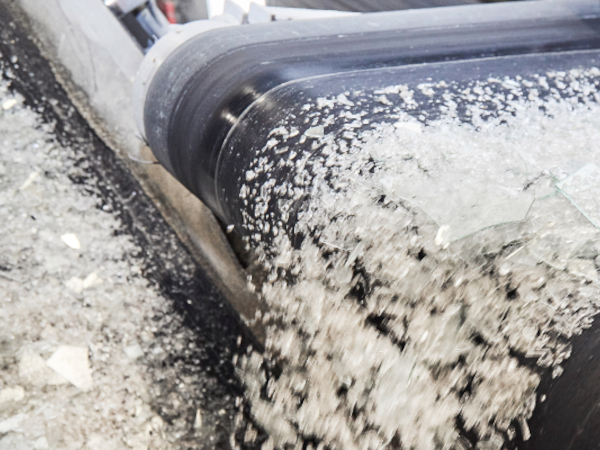Date: 31 January 2003
National statistics office INSEE said business morale in the second biggest euro zone economy slipped to 98 on its catch-all composite confidence index, compiled from a survey of some 4,500 firms, versus 99 in December.
"Replies from corporate chiefs in the January survey suggest a break in the upturn that had begun since October,'' INSEE said in a statement.
Economists polled by Reuters in advance of Thursday's report had on average predicted a stable reading of 99. The index had risen in both November and December from an October level of 93, which was the lowest readout seen since January 2002.
"It's possible the euro is weighing on international demand and the political climate is clearly affecting business,'' said Jean-Louis Mourier, an economist at Aurel Leven brokerage.
Nicolas Claquin, an economist at CCF bank, added: "The slip in morale is not too surprising given events of the past month, notably the appreciation of the euro which is making exports less competitive and the uncertainties over the Iraq situation.
The data from France, a country that accounts for more than 20 percent of euro zone economic output, followed news earlier this week that the German business climate, measured by the Ifo index, edged up for the first time in eight months in January.
But senior staff of the Ifo research body said several consecutive months of rises would be needed before it could be said that the sputtering German economy, which accounts for a little more than 30 percent of euro zone output, had turned a corner.
Another closely watched gauge in Thursday's French business confidence data, known as the "general outlook'' index, dropped to minus 32 from minus 24. The consensus forecast for this figure was around 22.
INSEE's catch-all composite index has been stuck below the 100-mark for all but a couple of months since June 2001.
Uncertainty remains the order of the day for business even though spending by private consumers has held up better so far.
Jean-Louis Beffa, chairman of Saint-Gobain, a world leader in glass-making and building materials, captured the business mood in a recent interview in French business daily La Tribune.
"There's basically a crisis of confidence over the future,'' he said, adding that he nevertheless believe the economy should pick up later in 2003. "But everything depends on Iraq.''
Michel Pebereau, head of BNP Paribas bank, also said recently he would like to believe the world economy would improve towards the latter half of the year but that everything depended on "military and oil industry uncertainty.''
On the other side of the Atlantic, the U.S. Federal Reserve left interest rates changed overnight and referred to ailing confidence levels, saying:
"Oil price premiums and other aspects of geopolitical risks have reportedly fostered continued restraint on spending and hiring by businesses.''
Separate data published by INSEE on Thursday showed producer prices rose 0.5 percent in December for the whole of industry and held steady for industry excluding energy and agri-food products.












Add new comment